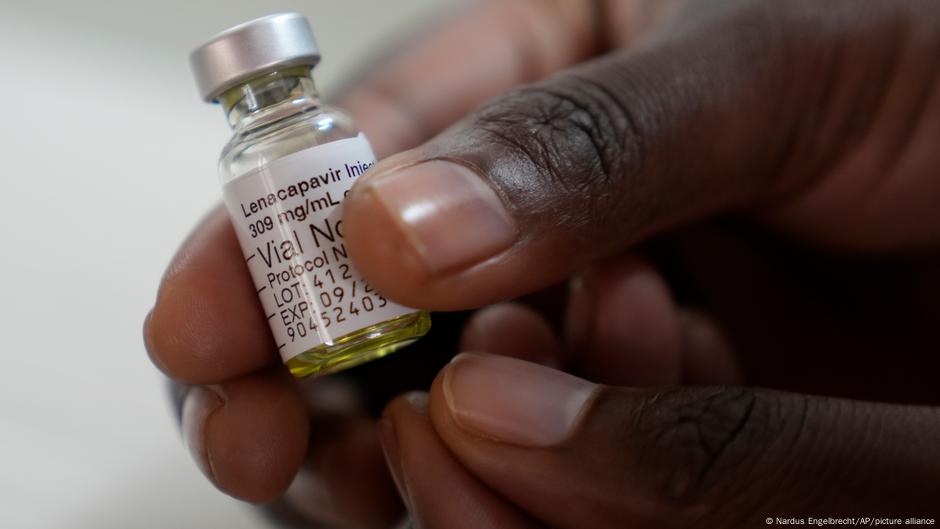
WASHINGTON, D.C. – The United States has taken a significant step in HIV prevention by approving lenacapavir, a groundbreaking drug hailed as a “miracle” by UNAIDS officials. However, experts warn that concurrent health budget cuts could undermine its potential to curb infections.
Immediate Impact of Lenacapavir Approval
The approval of lenacapavir marks a pivotal moment in the fight against HIV, offering six months of protection against the virus. Recognized as the scientific “breakthrough of the year” in 2024 by the journal Science, lenacapavir has shown a near-perfect record in late-stage clinical trials for suppressing HIV infection.
“Are we going to squander this, probably the greatest opportunity in 44 years of HIV prevention both in the US and globally?” – Mitchell Warren, Executive Director of AVAC
Key Details Emerge
The US Food and Drug Administration’s confirmation of lenacapavir as a pre-exposure prophylaxis (PrEP) drug introduces a new era in HIV prevention. Unlike other PrEP options that target the virus at a single stage, lenacapavir disrupts HIV at multiple stages, enhancing its effectiveness.
Industry Response and Concerns
Despite the drug’s promise, experts express concern over potential setbacks due to budget cuts in public health funding. These reductions threaten the infrastructure necessary to deliver lenacapavir to those most in need.
400,000 – Approximate number of US patients currently using some form of PrEP
Background Context
The US, once a leading funder of global HIV initiatives, has seen a shift in priorities since the start of Donald Trump’s second term. Cuts to domestic health institutions and foreign aid are likely to jeopardize efforts to stop a rise in HIV infections, experts told DW.
The “Ending the HIV Epidemic” (EHE) initiative, launched during Trump’s first term, aimed to halt transmission within the US by 2030. However, the current administration’s cost-cutting measures have downsized critical health programs.
Global Implications
Globally, the impact of reduced US aid is already being felt. Programs like USAID and PEPFAR have been scaled back, affecting regions heavily burdened by HIV, particularly in Africa.
2,300 – Projected increase in annual HIV cases due to PEPFAR cuts
Expert Analysis
Winnie Byanyima, Executive Director of UNAIDS, emphasized the potential setback in global HIV response efforts. “Less funding means we will get more and more off track,” she stated, highlighting a drop in clinic visits in several countries.
Jeffrey Crowley, Director of the Center for HIV and Infectious Disease Policy at the O’Neill Institute, noted the critical role of expanded Medicaid coverage in improving access to HIV services. “This is an incredible accomplishment, and it’s helped drive a lot of the progress we’ve seen,” Crowley told DW.
What Comes Next
The future of HIV prevention in the US and globally hinges on the strategic deployment of lenacapavir and the restoration of funding to essential health programs. As the world grapples with the implications of US policy shifts, the focus remains on ensuring that vulnerable populations benefit from this medical breakthrough.
The story of lenacapavir continues to unfold, with stakeholders keenly watching its impact on the global fight against HIV.






